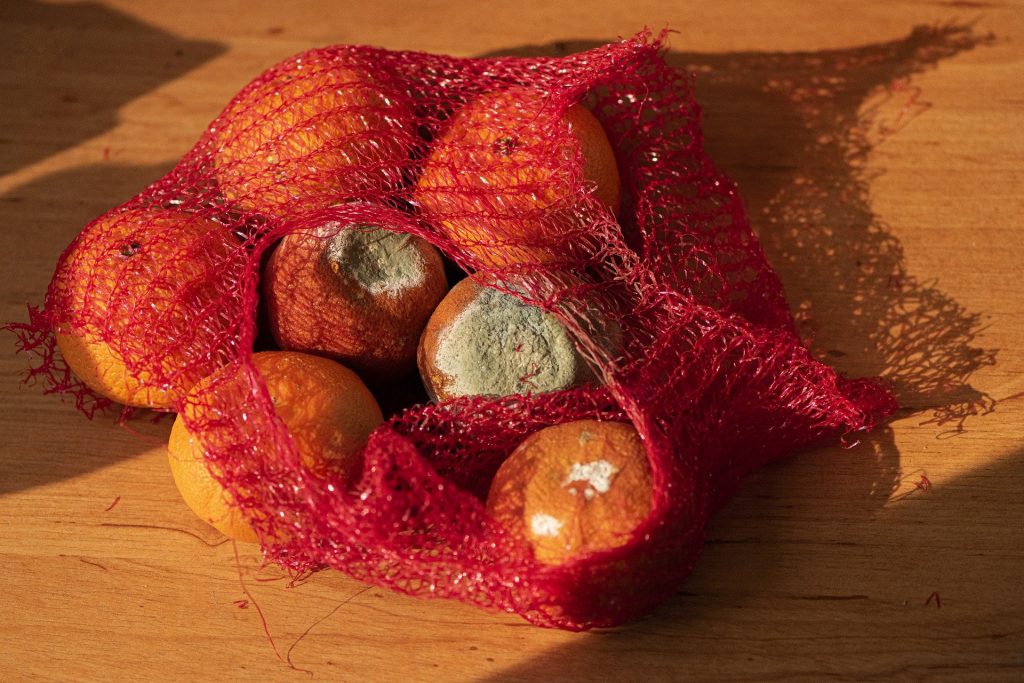As Poslovni Dnevnik writes, when it comes to Croatian food waste, every inhabitant threw away an average of 71 kilograms of food last year and 53 percent of food was thrown away from households, so reducing food waste will be the focus of the ”EU chooses safe food” campaign by the Croatian Agriculture and Food Agency (HAPIH), as HRT reports.
“More than half of the total of Croatian food waste comes from households, and as much as 10 percent is the result of a lack of understanding of the expiration date on food. That’s why it’s necessary to continuously educate people and raise the level of awareness of our consumers,” said the director of HAPIH, Darja Sokolic, before the start of the campaign that HAPIH is conducting together with the European Food Safety Agency.
More than a third of households (39 percent) never or rarely use leftover meals to prepare a new meal, and too much food bought and prepared, and then being too much to eat in one sitting, is cited as the most common reason for throwing away food.
Sokolic believes that people in Croatia are more interested in issues related to food safety compared to the EU average, which was contributed to by the high level of transparency and the frequent withdrawal of products from the market.
The head of the Food Safety Sector of the Ministry of Agriculture, Tomislav Kis, said that the EU legislation includes the highest standards of hygiene and food safety. The basic premise of the current legislation is self-control, Kis points out, which means that every manufacturer is responsible for controlling themselves because that reduces the risk to a minimum.
“We can make perfect food through the chain, but if some chicken stays in the kitchen for three days outside the refrigerator, there’s a chance it won’t be good. Everyone needs to do their part,” said Kis at the panel discussion.
Last year, nine food-borne epidemics were recorded in Croatia with a total of 102 patients, among which the most common was salmonella poisoning, warned HAPIH in its statement.
Well-known chef Melkior Basic pointed out that globally speaking, most restaurants take care of food waste.
“Ingredients and food products are valuable items and it’s a pity to throw away half of them due to carelessness and ignorance. Many foods, such as clear soup, can be frozen, and the food we cooked can be eaten again a day later,” said Basic.
Across the European Union, 88 million tonnes of food worth a total of around 143 billion euros are thrown away every year. That’s why the EU campaign for safe food is being implemented in nine other European Union countries: Austria, Italy, Spain, Latvia, Poland, Portugal, Finland, Greece and Cyprus.
In addition to techniques that can reduce food waste to a minimum, people can learn more about the safety of new foods on the market, plant health, allergens, additives, packaging, dietary supplements and their overall health.
For more, make sure to check out our dedicated lifestyle section.









